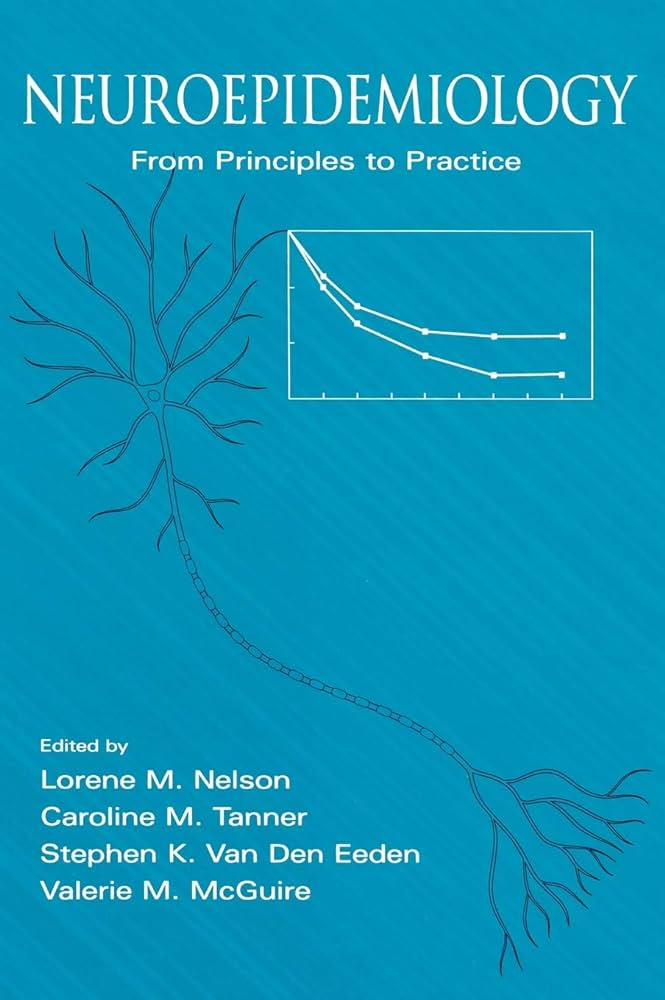Insights from ARCOS-V's Transition to Remote Data Collection During the COVID-19 Pandemic: A Descriptive Study.
IF 4
3区 医学
Q2 CLINICAL NEUROLOGY
引用次数: 0
Abstract
INTRODUCTION The ARCOS-V study, an epidemiological study on stroke and transient ischemic attack (TIA), faced the challenge of continuing data collection amidst the COVID-19 pandemic. This study aims to describe the methodological changes and challenges encountered during the transition from paper-based methods to digital data collection for the ARCOS-V study, and to provide insights into the potential of using digital tools to transform epidemiological research. METHODS The study adapted to remote data collection using REDCap and Zoom, involving daily health record reviews, direct data entry by trained researchers, and remote follow-up assessments. The process was secured with encryption and role-based access controls. The transition period was analyzed to evaluate the effectiveness and challenges of the new approach. RESULTS The digital transition allowed for uninterrupted monitoring of stroke and TIA cases during lockdowns. Using REDCap and Zoom improved data reach, accuracy, and security. However, it also revealed issues such as the potential for systematic data entry errors and the need for robust security measures to protect sensitive health information. CONCLUSION The ARCOS-V study's digital transformation exemplifies the resilience of epidemiological research in the face of a global crisis. The successful adaptation to digital data collection methods highlights the potential benefits of such tools, particularly as we enter a new age of Artificial Intelligence (AI).COVID-19 大流行期间 ARCOS-V 向远程数据收集过渡的启示:描述性研究。
简介:ARCOS-V 研究是一项关于中风和短暂性脑缺血发作(TIA)的流行病学研究,它面临着在 COVID-19 大流行期间继续收集数据的挑战。本研究旨在描述 ARCOS-V 研究从纸质方法过渡到数字数据收集过程中方法的变化和遇到的挑战,并深入探讨使用数字工具改变流行病学研究的潜力。方法该研究采用 REDCap 和 Zoom 进行远程数据收集,包括每日健康记录审查、由训练有素的研究人员直接输入数据以及远程随访评估。该过程采用了加密和基于角色的访问控制。结果数字化过渡使中风和 TIA 病例在封锁期间得到了不间断的监测。使用 REDCap 和 Zoom 提高了数据的覆盖范围、准确性和安全性。然而,它也暴露出了一些问题,如可能出现系统性数据输入错误,以及需要采取强有力的安全措施来保护敏感的健康信息。对数字数据收集方法的成功适应凸显了此类工具的潜在优势,尤其是在我们进入人工智能(AI)新时代的时候。
本文章由计算机程序翻译,如有差异,请以英文原文为准。
求助全文
约1分钟内获得全文
求助全文
来源期刊

Neuroepidemiology
医学-公共卫生、环境卫生与职业卫生
CiteScore
9.90
自引率
1.80%
发文量
49
审稿时长
6-12 weeks
期刊介绍:
''Neuroepidemiology'' is the only internationally recognised peer-reviewed periodical devoted to descriptive, analytical and experimental studies in the epidemiology of neurologic disease. The scope of the journal expands the boundaries of traditional clinical neurology by providing new insights regarding the etiology, determinants, distribution, management and prevention of diseases of the nervous system.
 求助内容:
求助内容: 应助结果提醒方式:
应助结果提醒方式:


